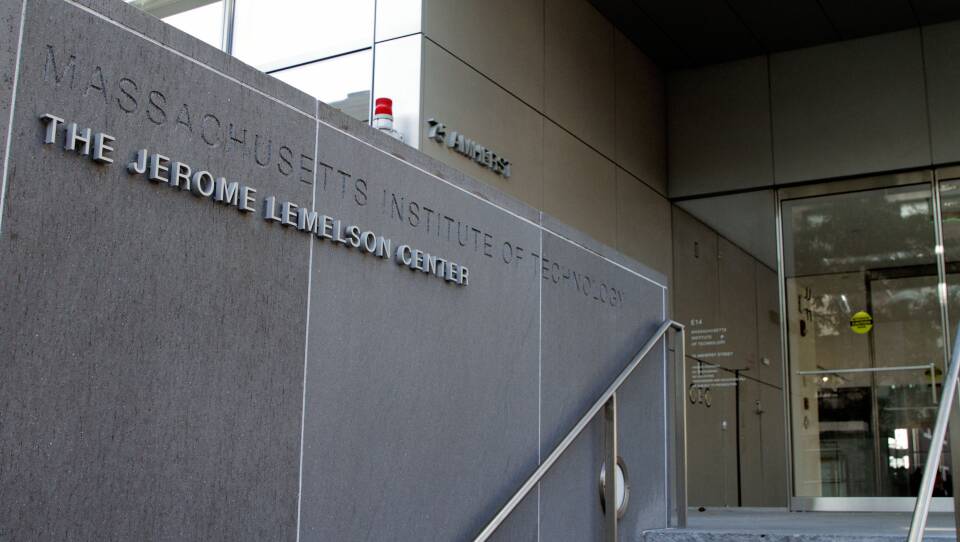Jeffrey Epstein, Robert Kraft, Tom Yawkey, David Koch and others with disputed reputations have sparked demands for colleges to return major gifts or stop taking money from the controversial donors altogether. But it's rare for institutions to give back a major donation.
"It is unusual, but not unheard of," said Terry Hartle, a senior vice president with the American Council on Education, which represents hundreds of schools across the country.
In 2016, Vanderbilt University returned a $1.2 million donation made 83 years prior by the United Daughters of the Confederacy, a Virginia-based nonprofit that it says honors “the memory of its Confederate ancestors," so the Nashville university could remove a controversial inscription from one of its dorms — Confederate Memorial Hall.
At the time, Chancellor Nicholas Zeppos said the move signaled that everyone at Vanderbilt is welcome and was so "that people who are asked to live in buildings feel, 'This is my Vanderbilt,'" he said. “The pediment will be removed."
Then, in June, the University of Alabama renamed its law school and refunded a $21.5 million donation from Hugh Culverhouse, Jr., possibly in part because the powerful landowner had recently urged a boycott over the state's new restrictive abortion law.
"While we are grateful to all of our donors and supporters, and very grateful to this donor and this donor's family, donors do not dictate the administration of the University of Alabama," said University of Alabama Chancellor Finis E. St. John.
As the public is increasingly scrutinizing institutions and their donors, the Massachusetts Institute of Technology and Harvard University have become the latest schools to come under fire for accepting donations from a controversial figure: the late Epstein, a financier and convicted sex offender.
Last week, MIT President Rafael Reif issued a public apology to Epstein's victims for the university having accepted about $800,000 in donations over two decades, all of which went to the MIT Media Lab or to physicist Seth Lloyd.
Harvard said all of Epstein's donations — at least $7 million — were spent more than a decade ago.
While faculty and activists are calling for both schools to give the money back, Reif stated the university will donate an amount equivalent to what the school received from Epstein to charities that benefit victims of sexual assault. Reif also stated MIT will review its current procedures for vetting donors.
When colleges like the University of Alabama do return the money, Hartle said it’s usually because new information changes perspectives.
“Colleges and universities need to have — and all of them do have — procedures to vet donors before they establish a relationship with them and take their money," Hartle said, adding that the extent of the vetting depends largely on the sophistication of the school's development network. "But no school wants to be caught taking money from someone with a criminal record, particularly in the current environment."
Harvard does have a review committee in place, but a source familiar with Harvard's development office said it can be difficult to track all the money coming in and out of a big institution with so many donors.
“Harvard would be at very much one end of the scale, partly because the institution itself is so decentralized that the Divinity School and the College and the Law School and the Medical School all have their own development staff, so they're all working at this independently," Hartle said.
But Nancy Koehn, an historian at the Harvard Business School and a WGBH News contributor, said the way schools view donors' backgrounds has changed. "That defense might have worked very well 25 years ago," she said of Harvard's system.
"As [Abraham] Lincoln would say, I don't think that ‘plow scours’ any longer,” Koehn added. “The world has changed. Transparency has greatly increased."
Looking forward, Koehn and other faculty members at Harvard are taking a hard look at how the university takes in donations and vets its donors. She said students, alumni and media are all demanding that institutions hold their donors to higher standards and turn down what she called "bad money."
"Something that Andrew Carnegie, for example, would not have understood [was if] if Cincinnati had said, 'We don't want a Carnegie Library because you exploited your workers in the steel mills of Pittsburgh,'" Koehn said. "That's long ago and faraway."





